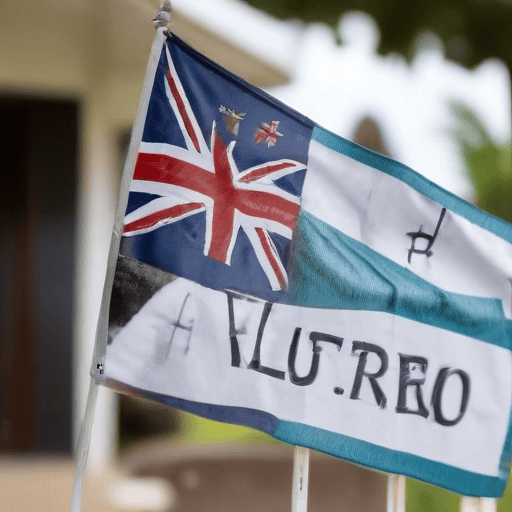As the US election draws near, territories such as the Northern Marianas, American Samoa, and Guam, along with the wider Pacific region, are closely monitoring the potential outcomes. The pivotal race between Kamala Harris and Donald Trump raises significant questions regarding the future of US engagement in the Pacific, particularly concerning climate change and military presence.
According to Anna Powles, a senior lecturer at Massey University’s Centre for Defence and Security Studies, outcomes from the US elections will greatly influence small island nations grappling with climate challenges and geopolitical tensions, especially following China’s recent missile tests that highlight evolving security dynamics.
Pacific leaders express concern that their pressing issues surrounding climate change are often eclipsed by the US-China rivalry for control in the region. The recent engagement of traditional allies such as New Zealand and Australia with the United States reflects a unified front among democracies against growing Chinese influence, although there is a desire for more substantial action than just promises.
Commenting on regional security, Baron Waqa, the Secretary-General of the Pacific Islands Forum, emphasized the need to prioritize peace and stability amid rising tensions prompted by military build-ups. He noted that neither side of the geopolitical struggle—between China and the US—is beneficial for Pacific Island nations.
Upcoming elections present uncertainty for areas such as Guam, which host significant US military assets and face direct threats from Chinese missile capabilities. US Congressman James Moylan of Guam advocates for a strong defense presence, arguing it is crucial for the island’s security.
Looking ahead, the US has made commitments to engage more robustly with the Pacific, marking an important contrast to both Trump and Harris, despite their differing views on issues like climate change. With the possibility of a Harris victory, there is optimism for realized promises related to climate financing and economic support for Pacific nations. Harris has pledged to address climate change as a vital issue, aligning with the islands’ urgent needs.
In summary, while internal political dynamics in the US could greatly sway the Pacific’s future, there is hope that a commitment to collaborative action and sustained engagement will emerge, regardless of the election outcome. This will be critical in addressing not only the security concerns in the region but also the existential threats posed by climate change. Efforts to strengthen ties and ensure a mutual focus on security and sustainability will be essential in bringing the Pacific’s interests to the forefront.
As the situation unfolds, both Pacific leaders and ordinary citizens maintain a hopeful outlook for positive engagement that benefits their communities, emphasizing the enduring spirit of resilience that characterizes these nations.

Leave a comment